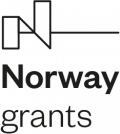Men and women differ in their capability to reach different goals. Whether we refer to labor market, or to some specific fields, such as politics or academia. Disparities in the probability of “success” persist despite decades of efforts to eradicate them. Against this background, the pandemic, and the subsequent lock-down measures, forced us to look deeper into households to understand the interplay between gender roles and aspirations. Gender Gaps Conference is an annual event for scholars interested in this field. The theme for 2023 will set the accent on within-household inequality, and consequences of pandemic, on equality in reaching aspirations.
We invite papers studying gender inequality from the fields of economics, management, sociology, and social psychology. Research at the intersection of professional aspirations, household roles, and consequences of the pandemic is especially welcomed. The conference is open to empirical quantitative work, experimental studies as well as qualitative work. Empirical and experimental papers with strong theoretical foundations will be considered a priority, but studies advancing econometric and statistical tools measuring gender inequality as well as specific case studies are cordially invited as well. We invite papers on a broad range of issues, including but not limited to:
- evidence from field, laboratory and natural experiments;
- econometrics of estimating the gender gaps;
- determinants of gender gaps, such as labor market and other institutions, demographic processes, cultural changes and structure change;
- country, sector, occupational, regional as well as comparative studies;
- theoretical approaches to gender gaps in employment, wages, reaching aspirations and other outcomes.
We aim to create a forum where scholars interested in the analysis of gender gaps in the labor market can present and discuss theoretical, empirical and policy-related research. The format of the conference accommodates for engaging communication about the invited papers: we plan approximately 30 minutes for a presentation and each paper will be assigned a discussant. We plan for plenary sessions, but in the case of many high quality papers submitted to the conference, we will organize additional poster sessions with ample space for discussion in a friendly atmosphere.
The keynote speakers are Abi Adams-Prassl and Libertad González
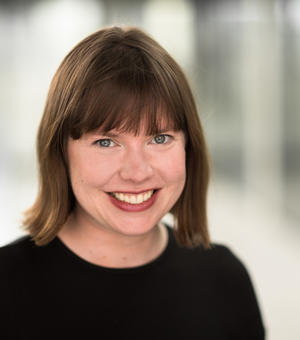
Abi Adams-Prassl is a Professor of Economics at the University of Oxford, a member of the Editorial Board of the Review of Economic Studies, and a founder of the Covid Inequality Project. Abi has a broad research agenda, covering topics from modelling decision making processes to working with text data to better understand modern labor markets. Her research was featured in leading journals, such as QJE, Labor Economics, and European Economic Review. In addition to her academic career, she has been involved in policy making as a specialist Advisor, UK Parliament Equalities Select Committee. She is also a recipient of the prestigious ERC grant.
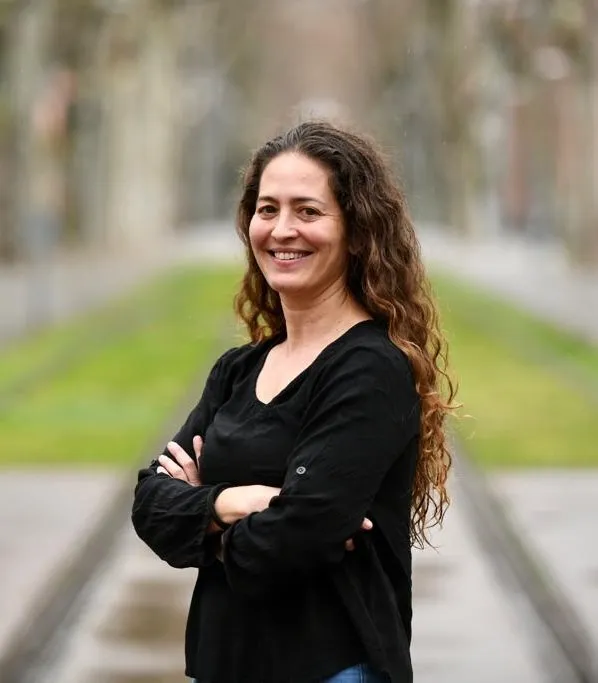
Libertad González is an Associate Professor of Economics at Universitat Pompeu Fabra and the Barcelona School of Economics. Libertad's research interests are broad, but some topics stand out, such as the impact of the introduction of different policies (paternity leaves, child benefits) on gender norms and fertility choices, or health inequality. Her research was published by top journals in economics, among others American Economic Review (papers and proceedings), Journal of Public Economics, or the Journal of Human Resources. She is also a recipient of the prestigious ERC grant.
Papers or extended abstracts should be submitted before July 10th, 2023. We are happy to address whichever questions you may have before that date. The decisions of the Scientific Committee will be distributed before July 31st, 2023. Full papers will have a priority over extended abstracts, but our aim is to construct a coherent and engaging event, giving all participants fruitful forum to exchange ideas and engage in scientific collaboration. The deadline for registration is August 11th.
There is a conference fee of 100 EUR to help cover costs related to catering. PhD students can apply for a reduced fee of 50 EUR.
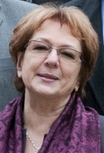
Irena Kotowska is Head of Centre for Demography, Institute of Statistics and Demography, at the Warsaw School of Economics. She works as a professor in Economics and Demography, as vice-president in the Foundation for Polish Science, and as president of Demographic Sciences Committee in the Polish Academy of Sciences. She participates in an expert team developing the family policy programme at the Chancellery of the President of Poland. She represents Poland in European Statistical Advisory Committee at Eurostat and has been appointed a member of Expert Group on Social Investment for Growth and Cohesion at the European Commission.
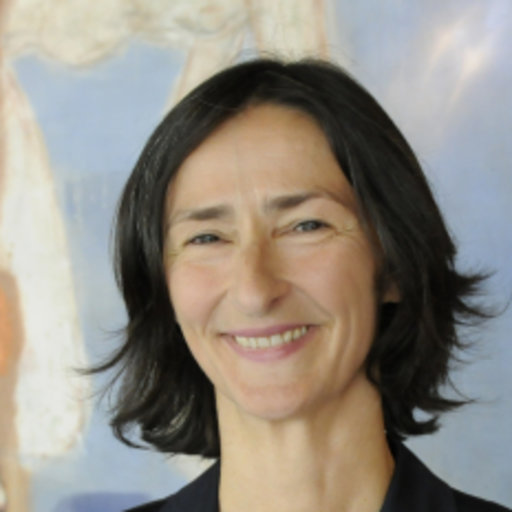
Astrid Kunze is a Professor of Economics at the Norwegian School of Economics in Bergen, Norway. From 2000 to 2002, she was employed as a Research Associate at IZA. She holds a Ph.D. from University College London and an MSc from University of Bielefeld. Her main research interests are labor economics and applied micro-econometrics. She is particularly interested in the causal effects of public policies on labor market behavior. Astrid has conducted studies on the evaluation of parental leave policies, child care programs and cash-for care policies, as well as gender quotas on boards.

Irene Van Staveren is head of the PhD programe and project leader of the online database Indices of Social Development at Erasmus University in Rotterdam and the Institute of Social Studies in Rotterdam. In addition, van Staveren is a member of the think tank Sustainable Finance Lab and she is on the editorial boards of the Journal of Economic Issues, Review of Social Economy, and Feminist Economics. She published in 2015 a pluralist economics textbook with Routledge, titled Economics after the Crisis – an introduction to economics from a pluralist and global perspective.

Bram Timmermas is a Professor at the Department of Strategy and Management. Before joining NHH, Bram worked in the Norwegian institute sector as senior researcher at Agderforsknings’s Innovation Department and as associate professor in innovation studies at Aalborg University. Bram obtained a PhD in the economics of innovation from Aalborg University. His main research interest lies within the field of innovation and entrepreneurship, new venture team development and performance, labor mobility, team mobility, strategic human resource development, employee diversity, organization theory, relatedness and related variety, and industrial dynamics.
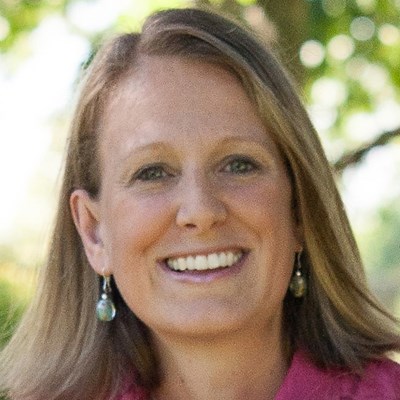
Siri Terjesen is a Dean’s Distinguished Professor of Entrepreneurship at Florida Atlantic University’s College of Business. Her research on entrepreneurship, corporate governance, and strategy has been published in leading journals in management and entrepreneurship. She is an Associate Editor of Small Business Economics and Industry & Innovation, and a member of the editorial board of Entrepreneurship Theory & Practice, Leadership Quarterly, and Corporate Governance: International Review. Siri is a co-author of the Global Entrepreneurship Monitor’s Social Entrepreneurship report on the prevalence of social entrepreneurship in 60+ countries around the world.

Magdalena Smyk is an Assistant Professor at Warsaw School of Economics. She joined GRAPE in 2013 and joined the board in 2017. Previously, she cooperated with The World Bank and Institute for Structural Research. Her research interests concern the determinants of the occupational choice and labor market inequality. She has published on European Economic Review, Sociological Methods and Research and Social Indicators Research. She is particularly fond of experimental methods. Magdalena was awarded Ph.D. by University of Warsaw.
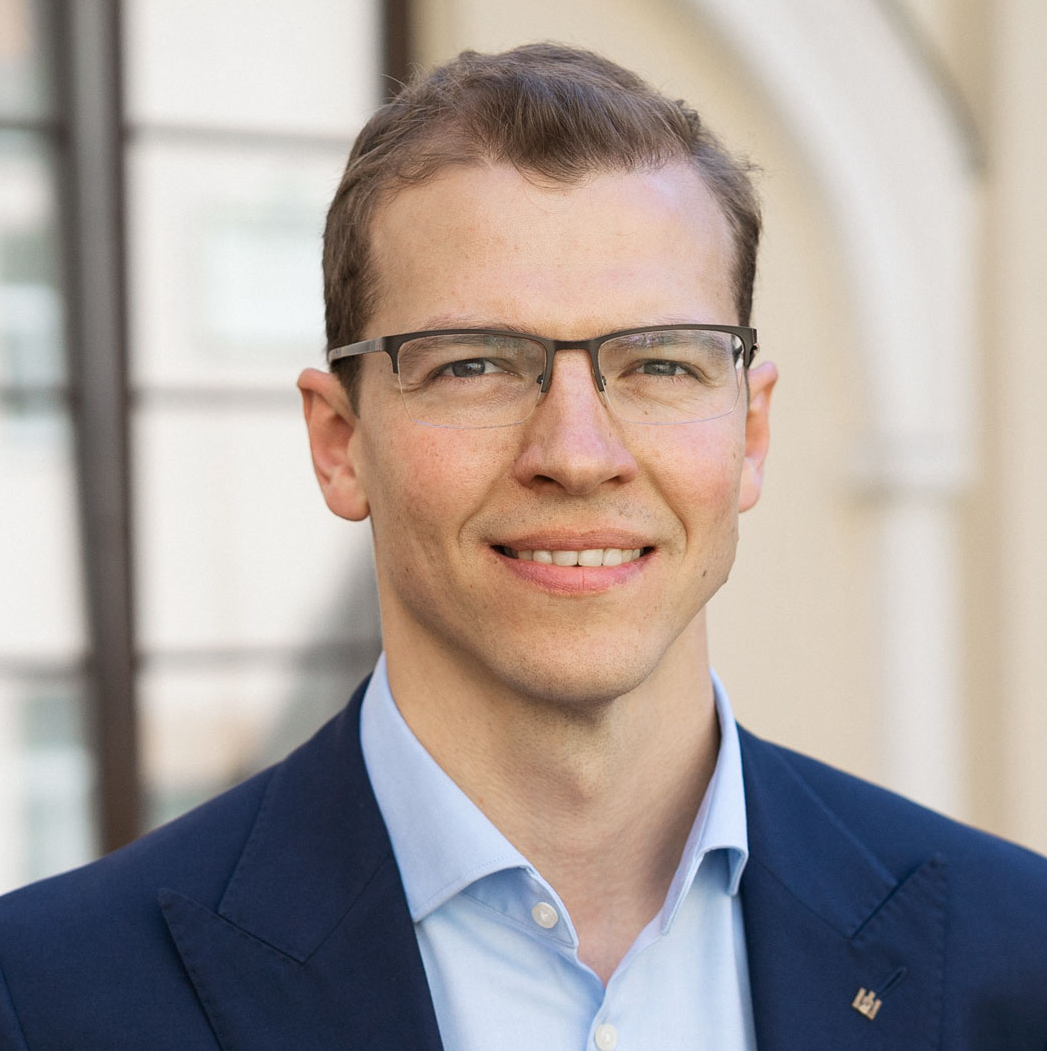
Linas Tarasonis is Vice Dean of the Faculty of Economics and Economics at Vilnius University and a Senior Research Economist at the Bank of Lithuania. He holds a PhD in Economics from Paris School of Economics since 2013 under supervision of Fabien Postel-Vinay (UCL). He has also worked as postdoctoral fellow at Aix-Marseille School of Economics from 2013 to 2016. His main research areas are Applied Microeconomics, Economics of Discrimination, and Labor Economics. His publications include articles in Economic Policy and Labour Economics. He is one of the founders and a board member of the Baltic Economic Association.

Joanna Tyrowicz is a professor at University of Warsaw. She co-founded GRAPE in 2011. Between 2007 and 2017 she served as an Economic Advisor at Economic Institute of National Bank of Poland, specializing in labor market and household issues. In 2009 she was a Fulbright Scholar at Columbia University, and in 2010 she was a Mellon Fellow at the Netherlands Institute for Advanced Studies. Her tenure book “Unemployment Hysteresis in Poland” was awarded the Prize for Best Economic Book of 2014 by Polish Economic Association. Her research interests concern empirical labor economics, inequality and social policy. She is an IZA Research Fellow. Her PhD was awarded by University of Warsaw, she also holds a degree from Katholike Universiteit Leuven.
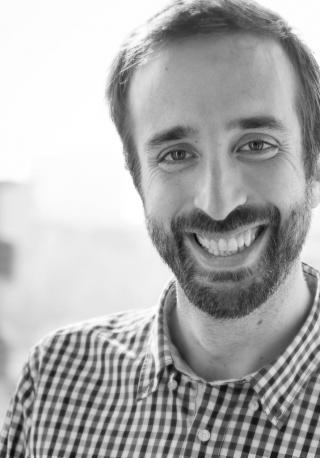
Lucas van der Velde is an assistant professor at Warsaw School of Economics and a Researcher at GRAPE, where he joined in 2012. In 2019-2020 he was a Visiting Scholar at UC Berkeley, prior to that he has received the award for exceptional junior researchers from Ministry of Science and distinctions for his PhD thesis from University of Warsaw. He has published, among others, in Journal of Comparative Economics, Oxford Bulletin of Economics and Statistics as well as Journal of Economic Surveys. His work is centered on the issues of economic inequality and technology.
Scientific Committee will award a prize for the best paper by a graduate student.
Submissions due: July 10th, 2023
Acceptance notification: July 31st, 2023
Registration due: August 15th, 2023
Conference: September 11th - 12th, 2023
Should you have any question, please feel free to contact us by email.
The full program for the conference is available here
Ul. Krakowskie Przedmieście 26/28, Warszawa, Poland
The conference is organized by GRAPE, in partnership with University of Warsaw and NHH.
The conference under the auspices of Ministry of Education and Science of the Republic of Poland within the program "Scientific Excellence".

